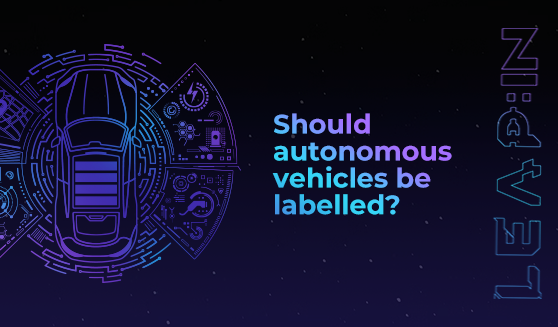
Robby Yung (CEO at Animoca Brands) has invested in more than 30 companies and raised numerous rounds of venture and public capital. Now, he’s focused on connecting the world through Web3 – and enabling people and businesses to own digital property rights.
The shift from digital content being economically worthless, to actually having an asset value that can be held and exchanged, will transform the economics of the internet. We had a chat with Yung to find out more – here’s what he told us.
Could you briefly share your career journey so far, and any pivotal moments along the way?
“Hi! Where to begin?
“I've always been in TMT, having started out in wireless telecoms in the early 90's, when it was still transitioning from analog to digital (remember pagers?), and I built cellular networks in China and Indonesia.
“It was at that time that I started to see how the Web was going to change everything, and I founded my first start-up in 1998, which was a web development business. Then I met Yat, our Chairman and co-founder, because he too had his first Web (1.0) startup, called Hong Kong Online, and we were part of a very small community of Web entrepreneurs in HK at that time.
“Once the dotcom bubble burst, I pivoted to start a traditional media business in China, where I spent a decade in TV, outdoor, and print media, doing two IPO's along the way, before I joined Yat at Animoca Brands just as mobile gaming was getting off the ground. And midway through this chapter, we discovered Web3 and decided to push all our efforts towards the intersection of Web3 and entertainment.”
Talk to us about digital property rights. What are they, why are they good to have, and how can they be monetised in Web3?
“Digital property rights are essential. Until recently, the fact that we're unable to protect copyright in digital form means that the Internet has coalesced around streaming platforms as the primary distribution mechanic. It means that consumers cannot own anything, only rent it, because the technology didn't exist to secure it (at scale at reasonable cost).
“Now, with Web3 and blockchain, it does. This means that companies and consumers can actually own their digital content, and they can build asset value around them.
“For example, if I have a collection of digital art, not only can I verify its authenticity, I can also build asset value as it appreciates, because I can sell it in future (based on the ability to verify the provenance).
“If you extrapolate out, this means that we can actually create asset value for all the content on the Internet; something which today, we value at essentially zero.”
What's most exciting to you about blockchain and crypto-based gaming?
“I think there are two key features to Web3 enabled games, and they're related.
“Firstly, because you own your own content, you can do what you like with it – you can trade it, sell it, give it to a friend, etc.
“Secondly, you have the potential for it to interoperate with other games and metaverses, so that you can bring your playable content (your race car, your sword, or your avatar) from place to place, something that is impossible in the walled-gardens of Web2 games.”
How do you balance the pressures of working in the constantly changing tech industry with life, and your own well-being?
“Having spent the majority of my life in Asia, we tend to look at work as being a central part of life, so the time spent working is quite high compared to Western cultures. I've also always lived in highly-populated cities, so I value the ability to take a break and get outdoors – I've had a lifelong running habit, which I like to do when I travel on business as well, as it's a great way to see a new city. “
Finally, why are events like LEAP valuable to you?
“I think LEAP is a great opportunity not only for participants like myself to become more familiar with what's going on in the KSA and the wider gulf region in technology, but more importantly to catch up with existing business partners and meet new ones as we continue to develop our business in the region. The KSA is key to our regional strategy, and LEAP is a great place to meet everyone all at once.”
Thanks to Robby Yung and Animoca Brands. Meet us at LEAP 2024 to gain more world-changing knowledge.




